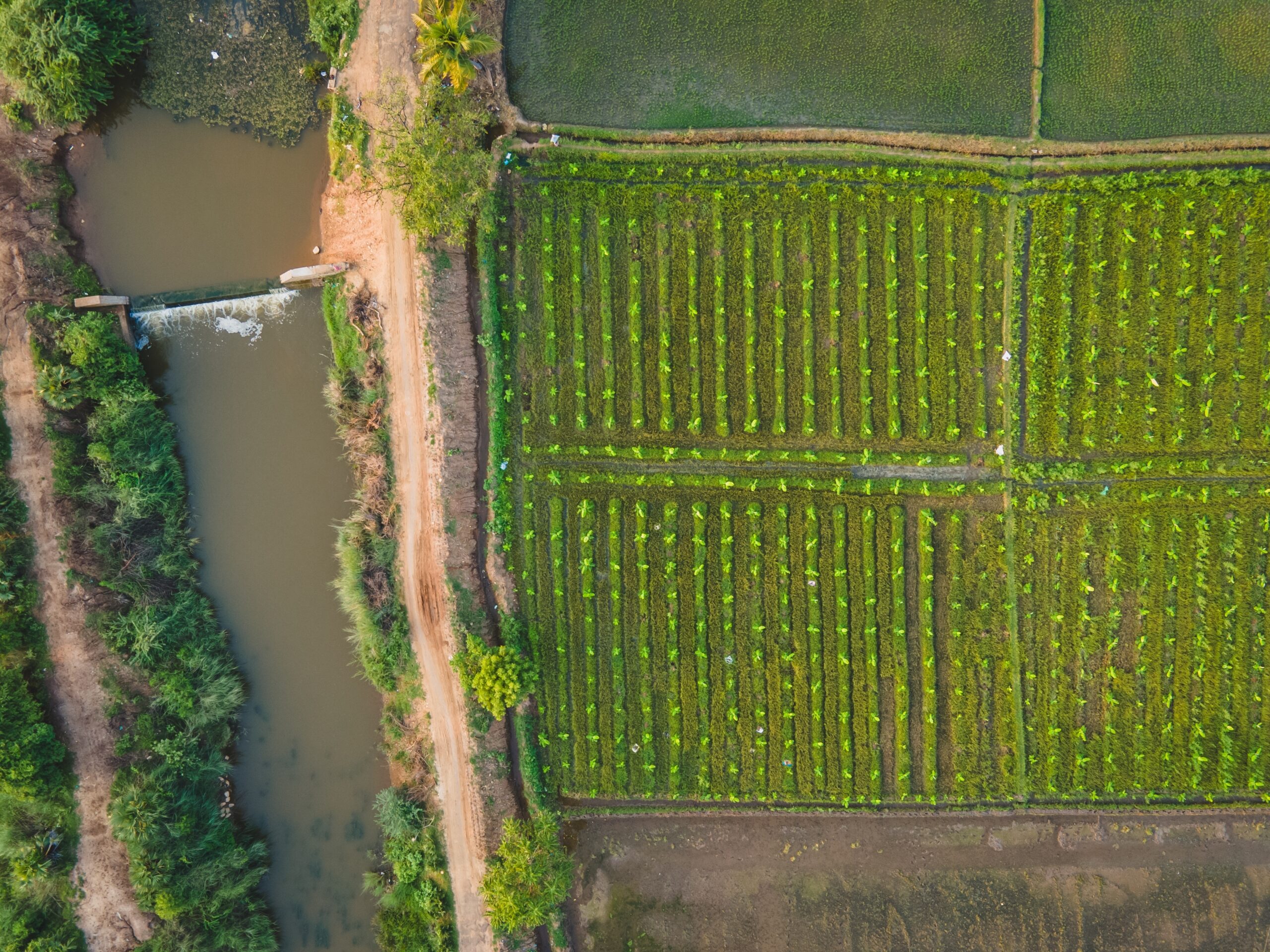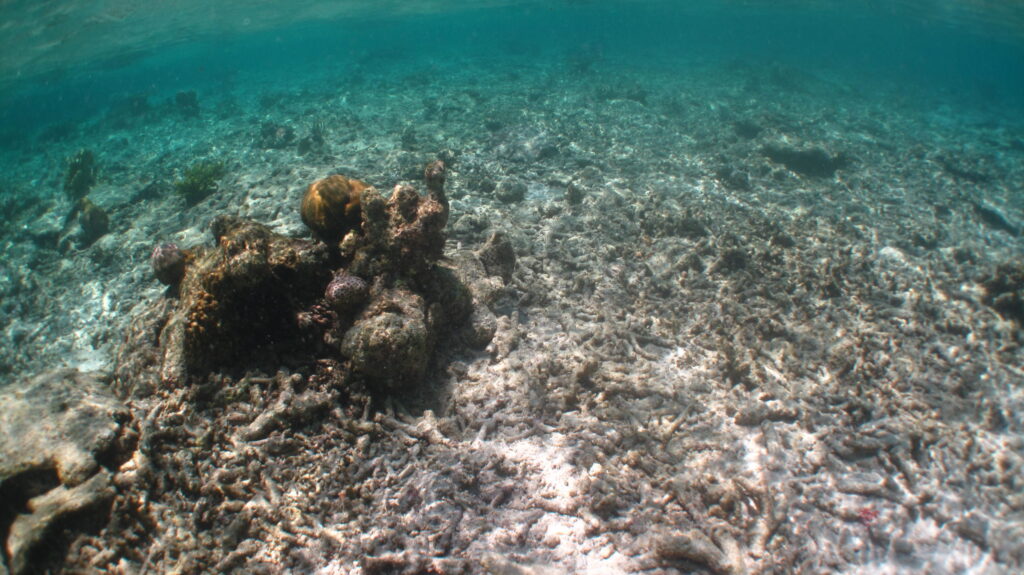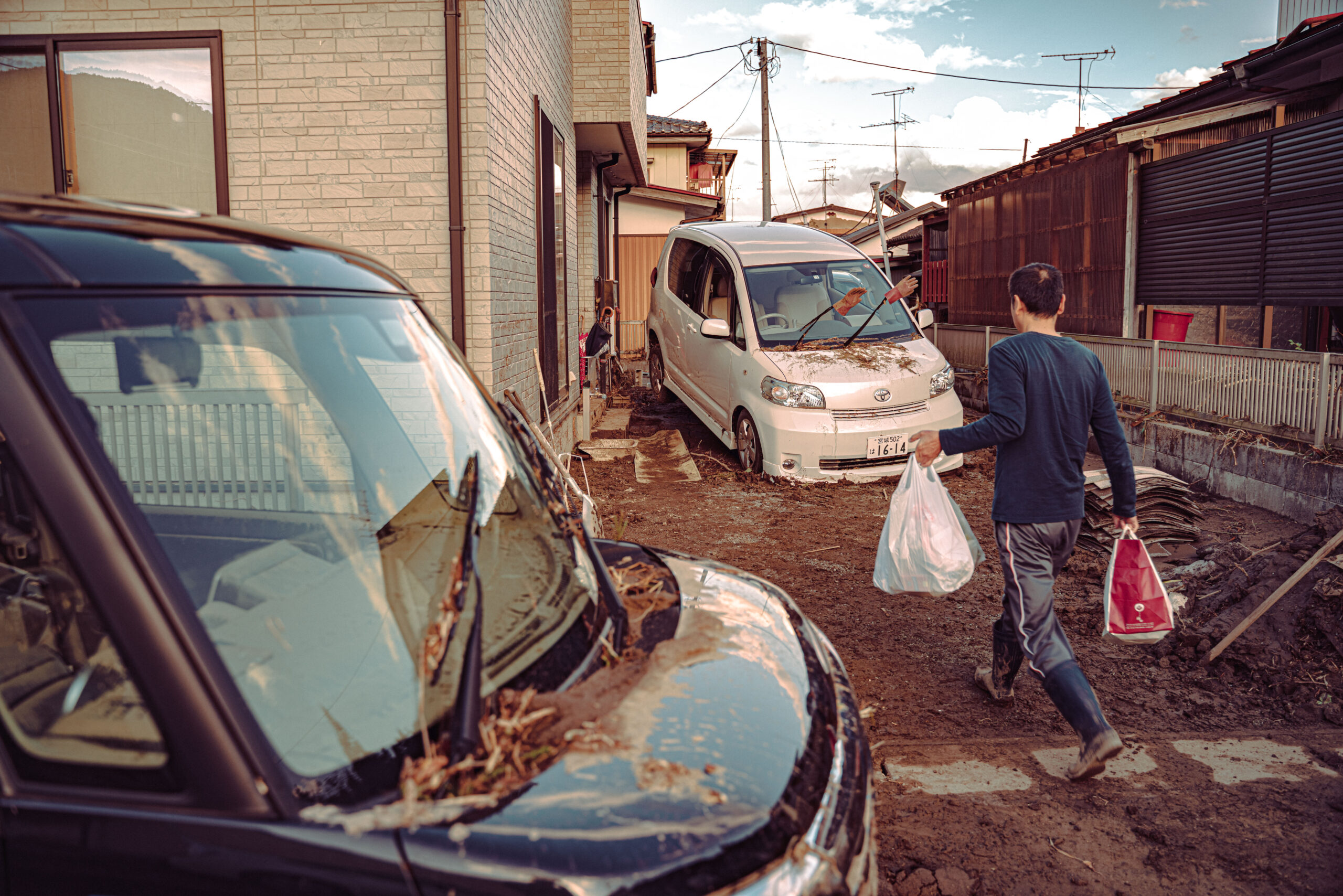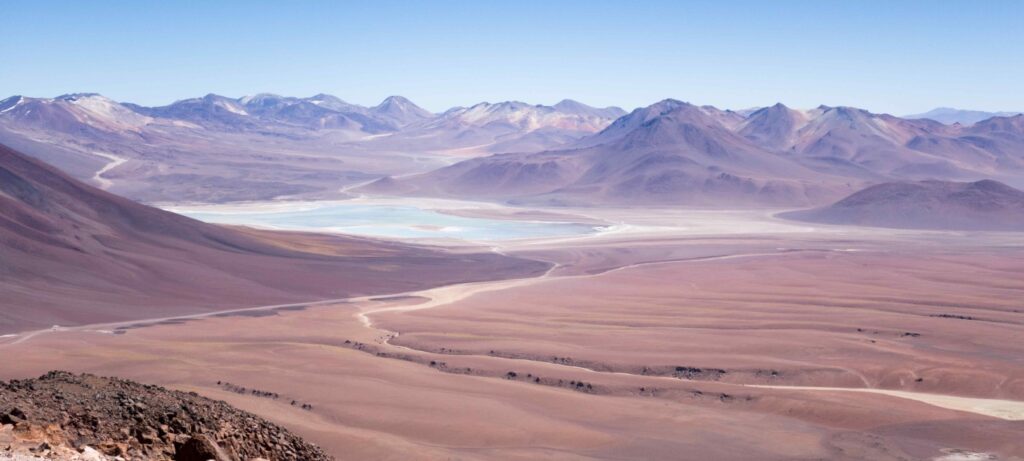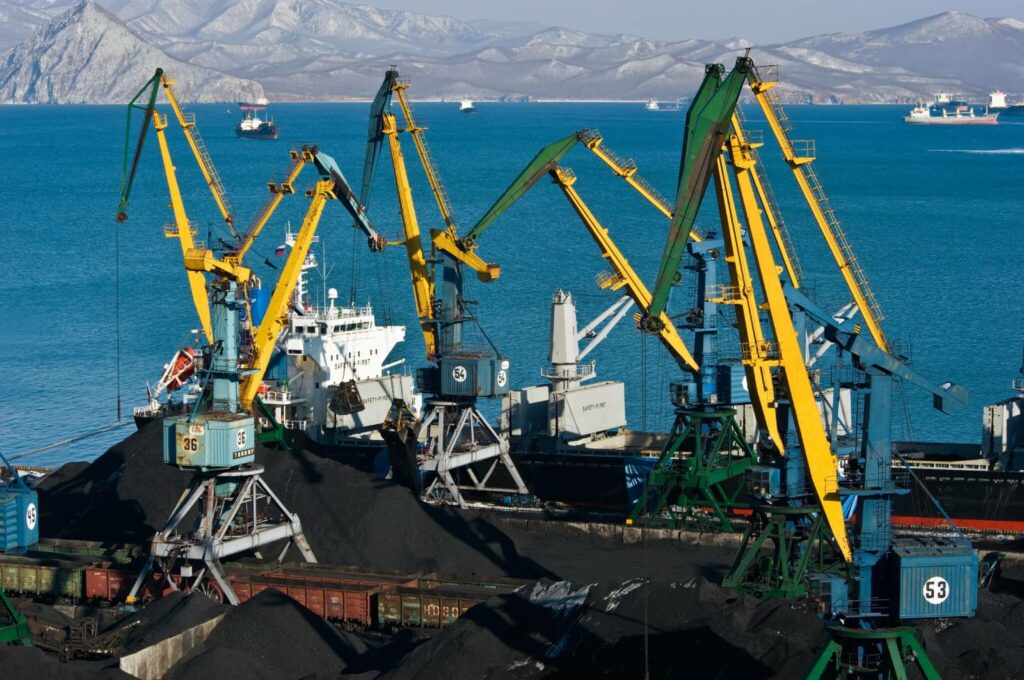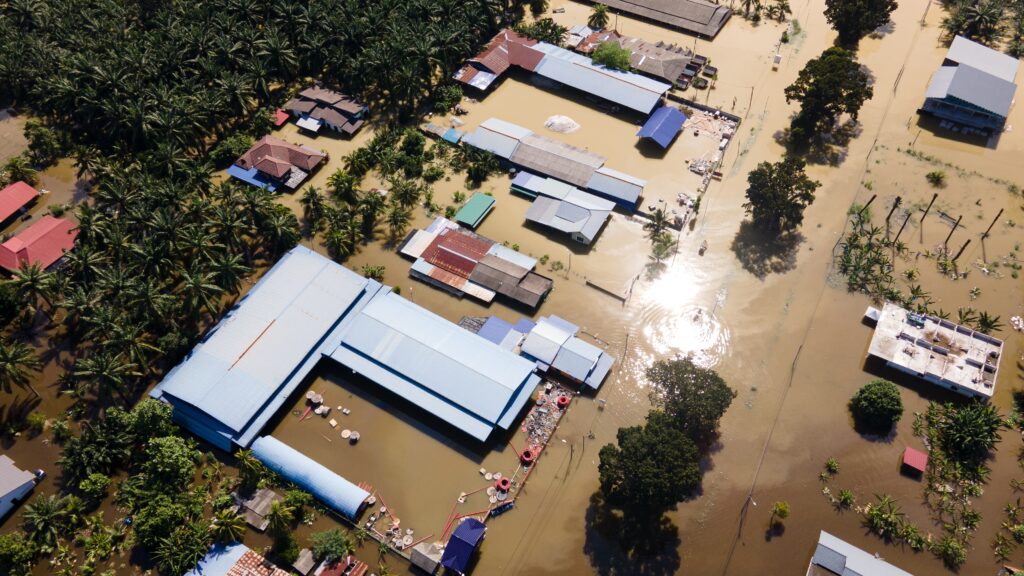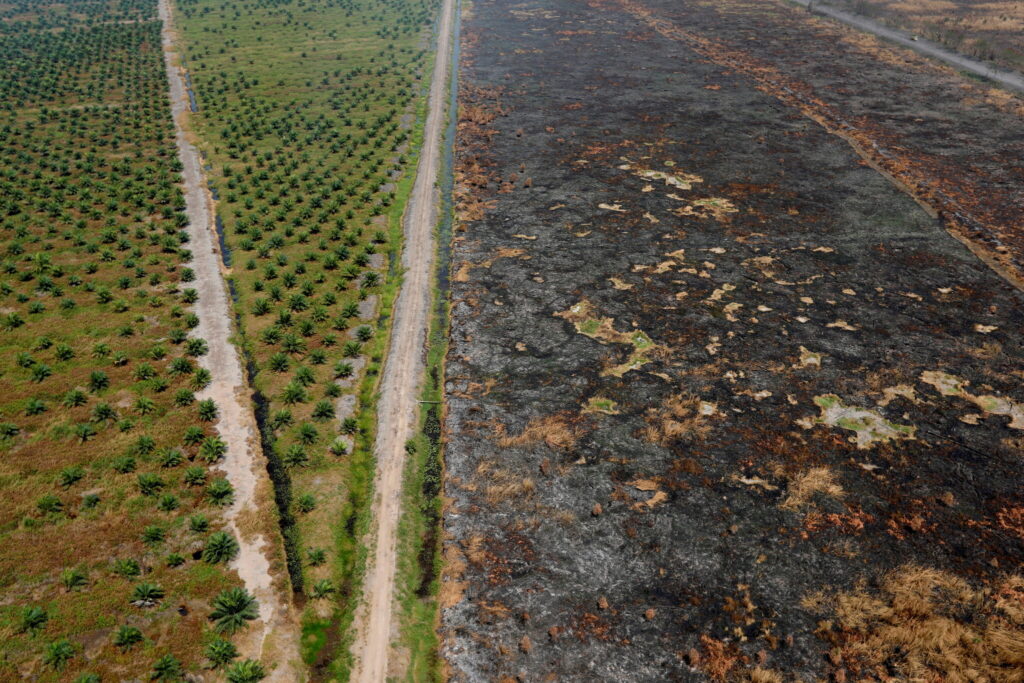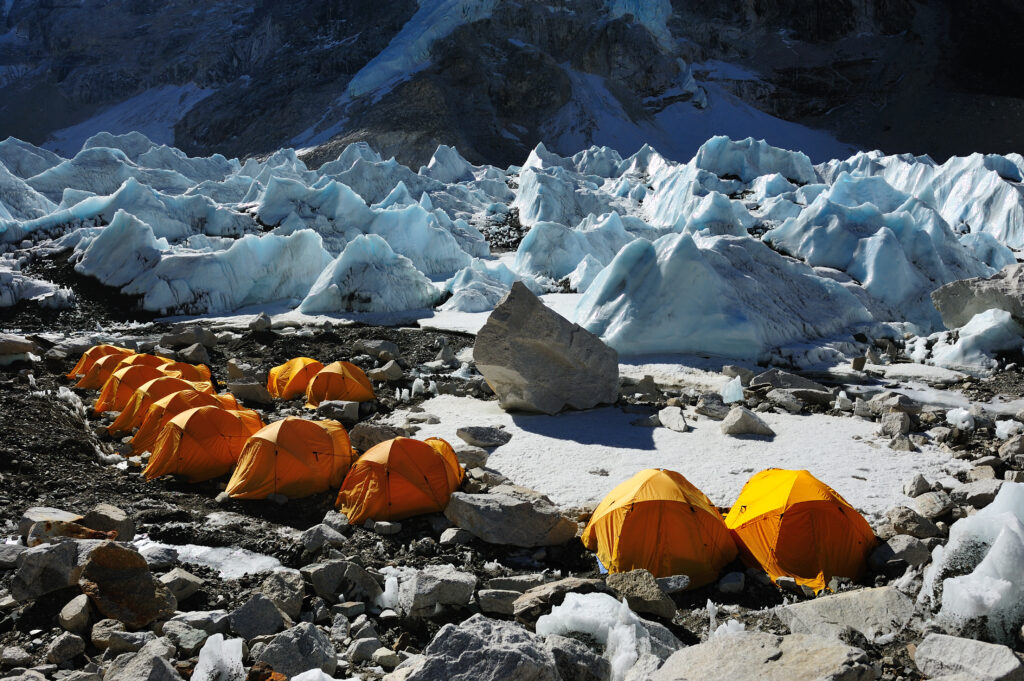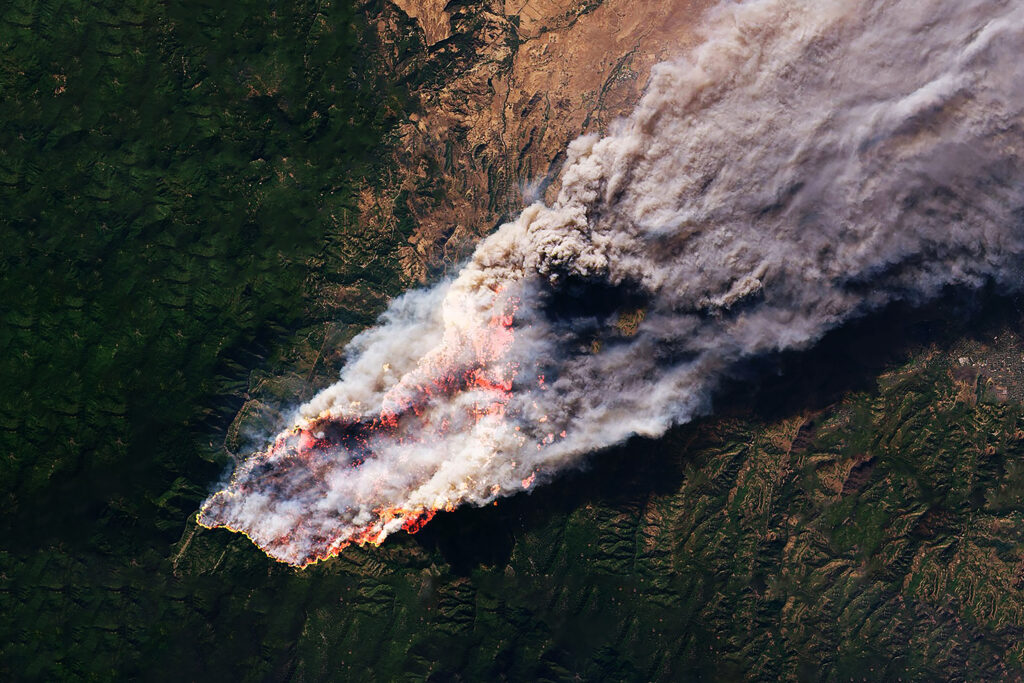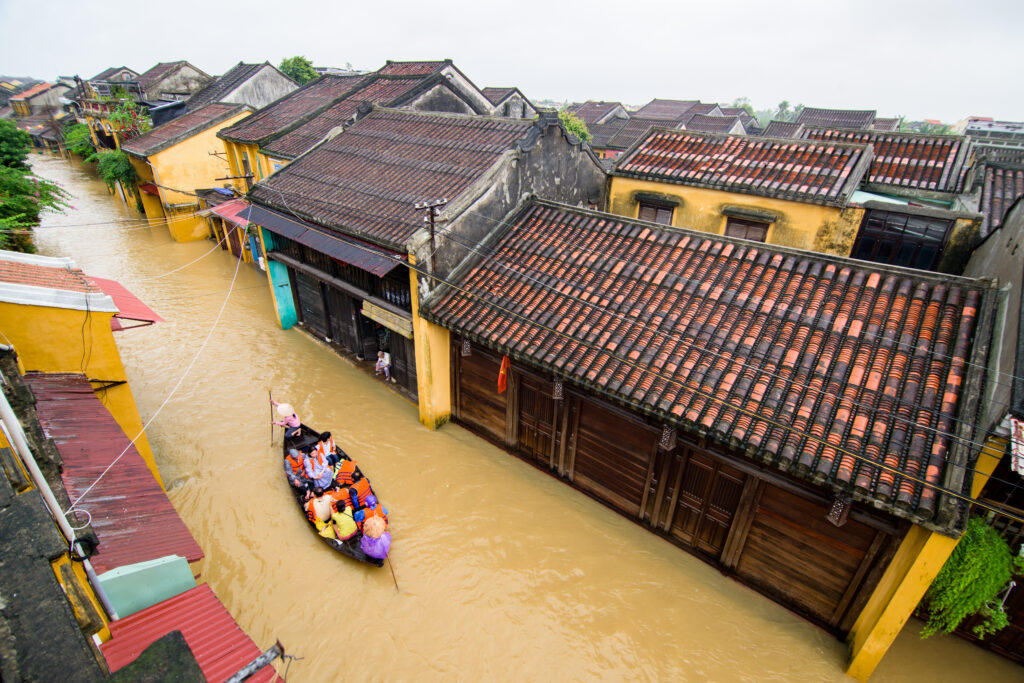Climate change poses a serious and immediate threat to rice production in India, one of the countries most vulnerable to its impacts. Rice is a lifeline for food and nutritional security for a majority of India’s over 1.4 billion people and provides a livelihood for nearly a billion. Yet, with rising temperatures and more frequent extreme weather events, the future of rice farming across India faces increasing challenges.
Weather Extremes Impacting India
The Reserve Bank of India has emphasised that climatic conditions, particularly temperatures and rainfall, are vital for economic stability and livelihood security across India. Yet, it warns that unpredictable weather changes are impacting the nation’s agriculture and economy. Rainfall, particularly the southwest monsoon, which accounts for about 75% of India’s annual rainfall, has experienced significant changes, while the frequency of extreme weather events, such as floods, heatwaves and cyclones, has increased over the past two decades. Key agricultural states are among the most affected by these events, the bank highlights. Further to this, the summer monsoon rainfall — vital to India’s basmati rice cultivation — has been declining since the 1950s, contributing to increased water scarcity and crop impacts.
While climatic changes have been unfolding over decades, 2024 was a particularly extreme year. India recorded its hottest year in 2024 since 1901. From January to September, India faced extreme weather events on 93% of days, affecting 32,000 square km of land with crops, according to the Centre for Science and Environment.
These extremes have impacted rice production, with farmers struggling to cope with volatile conditions. “We used to know when it would rain and for how long and we sowed our seeds accordingly,” said farmer P. Ravinder Reddy. “Now it’s so unpredictable and many times the seeds don’t sprout either because there’s too much rain or it’s completely dry.”
Severe flooding in July 2024 caused by heavy rain affected more than 6,000 hectares (60 square km) of rice fields across seven of India’s provinces. “The rice crops that were damaged by the flood were nearly harvested, but the water level rose too fast. We harvested only 5 hectares [50,000 square m] and another 5 hectares were flooded,” said Seng Sovan, a farmer resident.
Climate Change and the Rice Growing Regions of India
Scientific research from multiple institutions highlights the growing risks. Data from the Indian Ministry of Earth Sciences suggests climate change could reduce rice and wheat production by 6-10% in the coming decades. For irrigated rice specifically, yields could drop by up to 7% by 2050 and 10% by 2080 if current warming trends persist. These declines would seriously undermine national food security, particularly for smallholder farmers who depend heavily on rice for both income and sustenance.
Uttar Pradesh
Uttar Pradesh — India’s most populous and agrarian state — is especially vulnerable due to weak infrastructure and an economy highly dependent on agriculture. A 2024 study found that climate change is likely to significantly reduce rice yields in the state, especially for irrigated varieties, due to higher temperatures and shorter growing seasons. Researchers warned that shifts in rainfall patterns, rising drought frequency and heat stress could cut annual yields by as much as 40%, leading to potential income losses of up to 58%.
There is another emerging concern that goes beyond yields and livelihoods. Driven by climate change, elevated carbon dioxide levels and temperatures may increase arsenic uptake in rice plants, a study published in The Lancet Planetary Health in May 2025 found. This poses a significant public health risk across Asia, and the authors reinforced the need for urgent mitigating actions.
Building Resilience in India’s Rice Production
In response to these mounting issues, scientists and policymakers are promoting several adaptation strategies to safeguard rice production. One major initiative is the development of climate-resilient rice varieties to withstand increasingly extreme and unpredictable weather and environmental conditions. The International Rice Research Institute (IRRI) is developing rice varieties that are more resilient to drought, floods, heat, cold and soil problems like high salt and iron toxicity, working to protect the millions of tonnes of rice currently lost to extreme weather conditions each year.
There is a strong case for advocating a broader shift toward alternative cereals. A 2025 study published in Nature Communications suggests that replacing rice with more climate-resilient crops, such as millet and sorghum, could lead to reduced yield losses, diversified diets and increased farmer incomes. These cereals require less water, are more heat-tolerant and can thrive in less fertile soils. The findings indicate the potential to reduce climate-induced losses by 11% while increasing farmer profits by 11%.
Meanwhile, another recent study promotes a data-driven approach to sustainably strengthening rice production in India. The study advocates for a new sustainable rice intensification model that integrates traditional knowledge with advanced data science. It highlights the significance of targeted interventions customised to local conditions, aiming to enhance productivity while reducing negative environmental impacts. “Adopting precision farming techniques could revolutionise how we manage rice production in India,” said co-author Professor Andrew McDonald. “By identifying the areas where changes will make the biggest difference, we can focus efforts where they are most needed, leading to transformative gains in both productivity and sustainability.”
Evelyn Smail
Writer, United Kingdom
Evelyn is a freelance writer and journalist specialising in climate science and policy, the just energy transition and the human impacts of climate change. She writes for independent publications, NGOs and environmental organisations. Evelyn has a background in sustainable development, climate justice and human rights.
Evelyn is a freelance writer and journalist specialising in climate science and policy, the just energy transition and the human impacts of climate change. She writes for independent publications, NGOs and environmental organisations. Evelyn has a background in sustainable development, climate justice and human rights.

